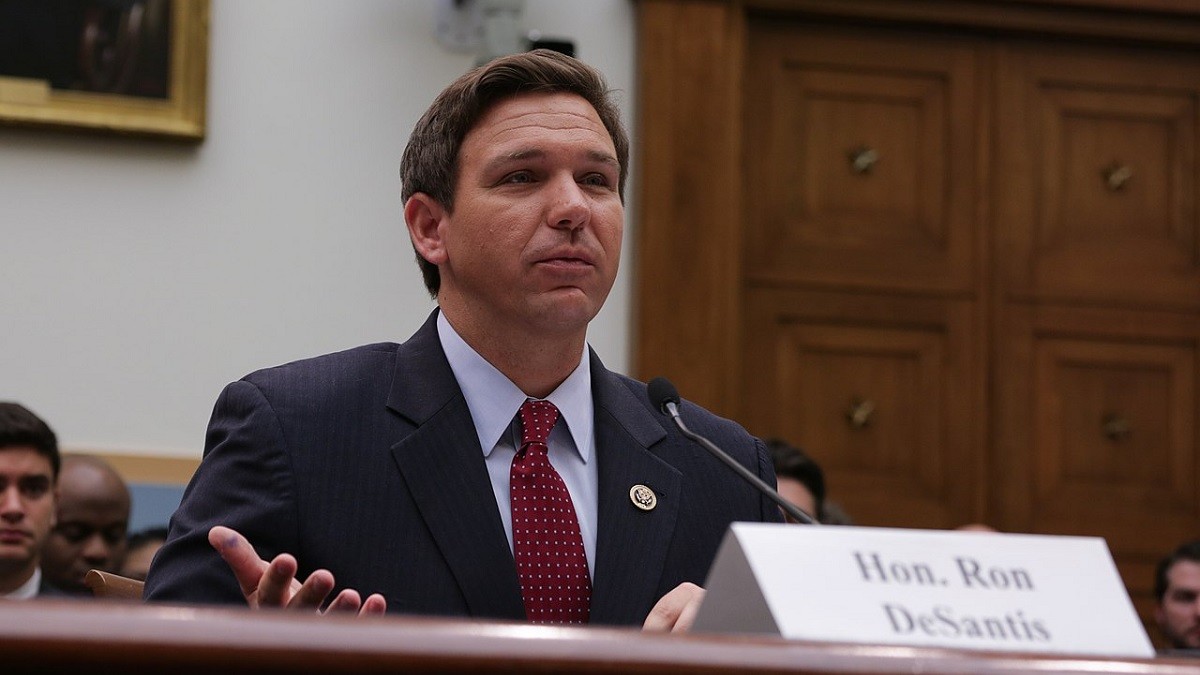U.S. News
Florida law to penalize platforms that ban political candidates

- Florida Gov. Ron DeSantis signed a law that will penalize social media platforms that ban political candidates from their sites.
- Penalties may reach up to $250,000 a day.
- Tech industry officials argued that the law is unconstitutional for taking us “closer to a state-run internet.”
A Florida law signed by Gov. Ron DeSantis on Monday will punish social media companies that ban political candidates from their platforms.
The law could be the first of its kind to prohibit “deplatforming,” and could serve as a model for other states to follow.
While the tech industry called the law “unconstitutional” for running counter to the First Amendment, DeSantis argued that the “Silicon Valley elites” have been trying to censor conservative political views.
The governor stated, “What we’ve been seeing across the U.S. is an effort to silence, intimidate and wipe out dissenting voices by the leftist media and big corporations.”
However, according to research, conservative politicians and websites have actually proven to be so effective on social media that they often dominate the sites’ top links. Facebook has also made its rules more lenient to avoid conservative pages from being penalized for violations.
Critics speculate that the Florida law was influenced by the decisions of Facebook, Twitter, YouTube, and other major services to block the account of former President Donald Trump after the Jan. 6 attack on the U.S. Capitol. The social media companies said that Trump violated the sites’ terms of service, which ban the promotion of violence.
The Florida law states that social media companies may not “permanently delete or ban” a political candidate. They may instead suspend a user for up to 14 days, or remove individual posts that violate its terms of service.
Any social media company that violates the law may face fines of up to $250,000 a day for statewide candidates and $25,000 a day for other candidates.
Private citizens of Florida can also sue for violations of the law, including a company’s failure to be transparent about its terms of service.
A provision in the law seems to protect Disney’s streaming service, Orlando Weekly reported. The law excludes companies that operate “a theme park or entertainment complex.”
Texas is already considering a similar proposal.
Tech industries call the law unconstitutional
Officials of tech industry trade groups NetChoice and Computer & Communications Industry Association (CCIA) have blasted the law.
NetChoice vice president and general counsel Carl Szabo expressed his concern that platforms may be forced to allow posts that promote violence or other harmful content.
“By forcing websites to host speech, this bill takes us closer to a state-run internet,” he said. “Where the government can cherry-pick winners and losers.”
CCIA president Matt Schruers called the law “unconstitutional.” Szabo agreed, saying that the First Amendment prohibits the government from compelling or controlling speech on private websites.
Facebook, Twitter, and YouTube, all members of NetChoice and CCIA, have yet to comment on the law.
Source: NBC News
